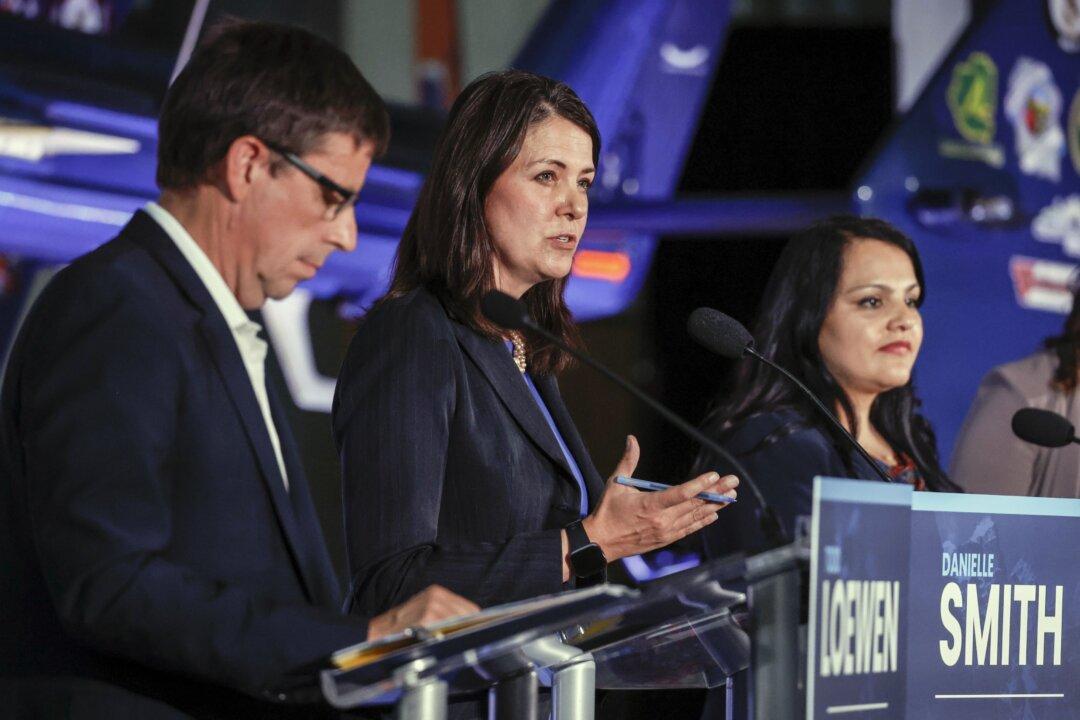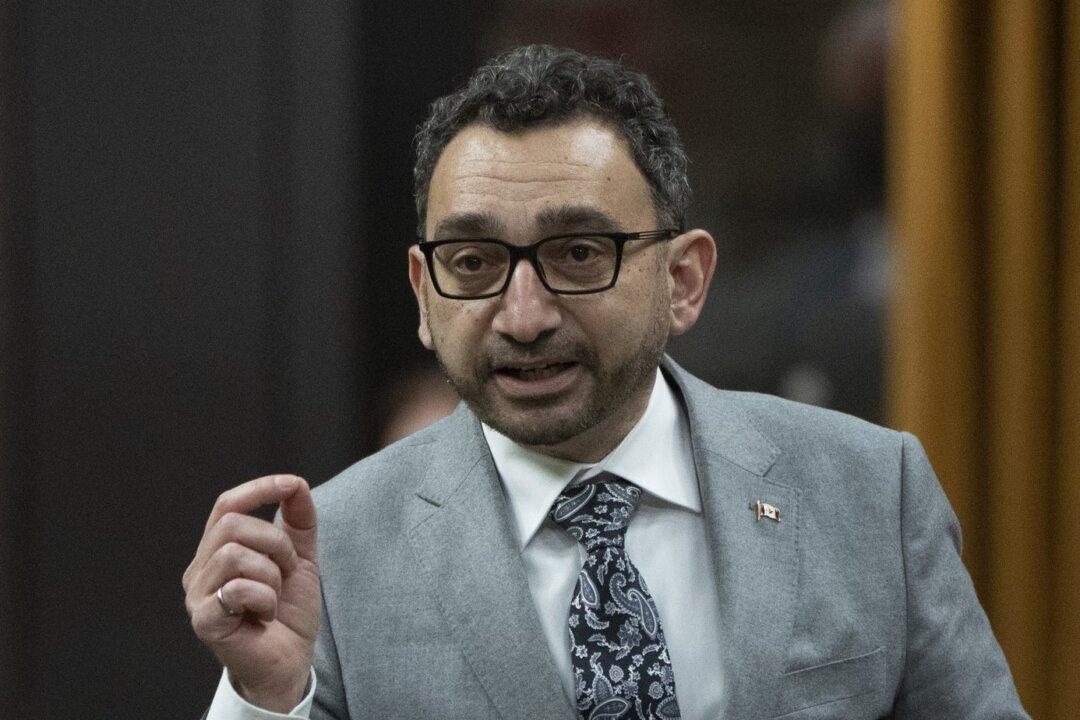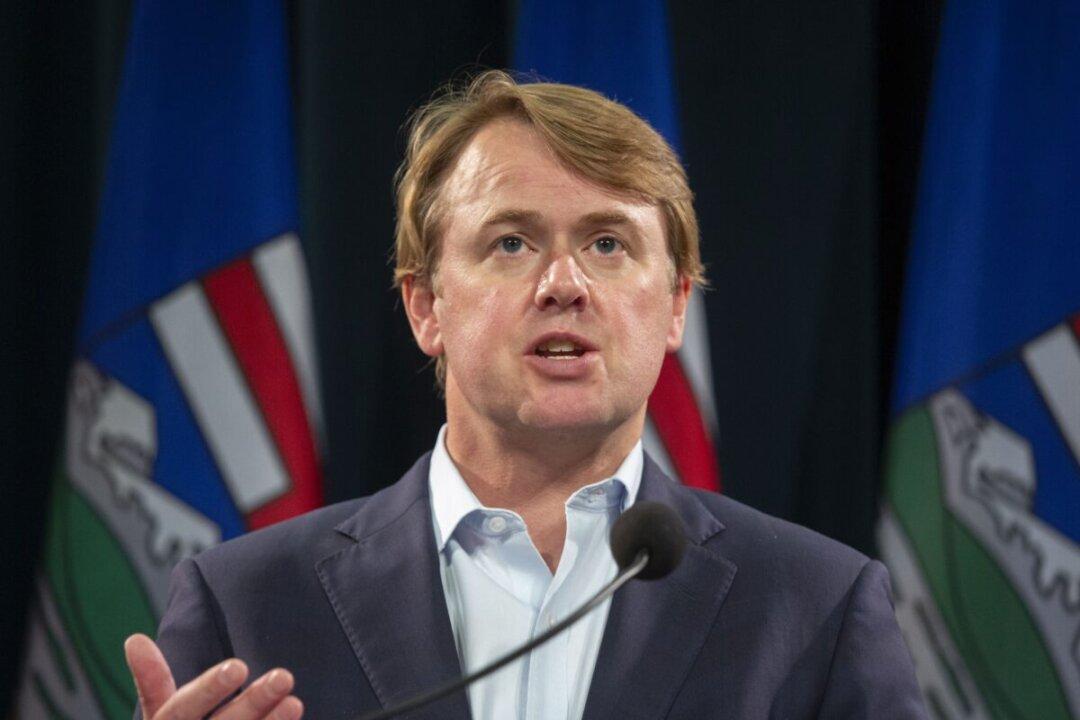Alberta’s United Conservative Party (UCP) leadership candidate Danielle Smith says her proposed Sovereignty Act would give Alberta the same powers that Quebec has within the Confederation.
Releasing more details about her plan on her website this week, Smith said the proposed law “would affirm the authority of the Provincial Legislature to refuse provincial enforcement of specific Federal laws or policies that violate the jurisdictional rights of Alberta under Sections 92–95 of the Constitution or that breaches the Charter Rights of Albertans.”





